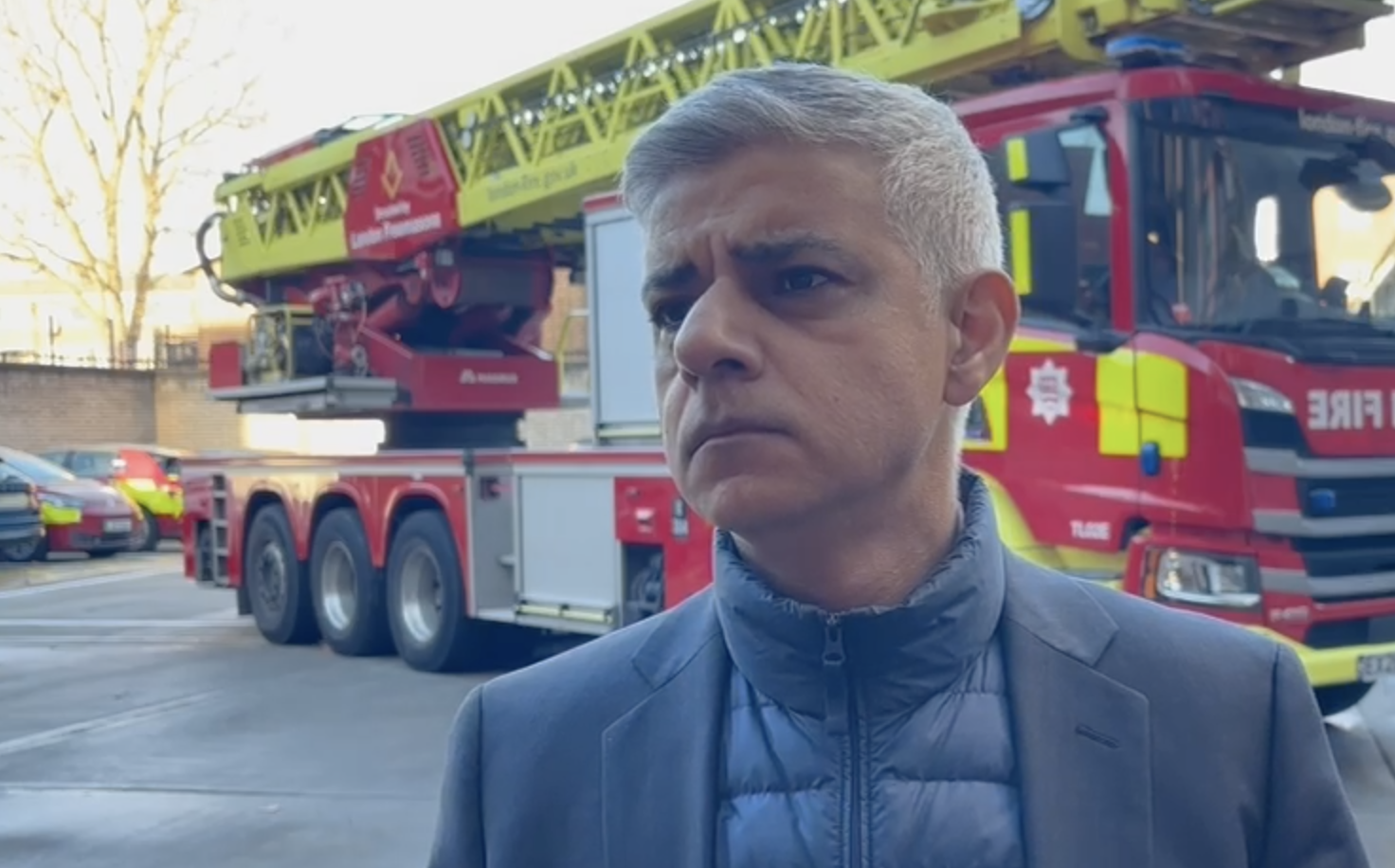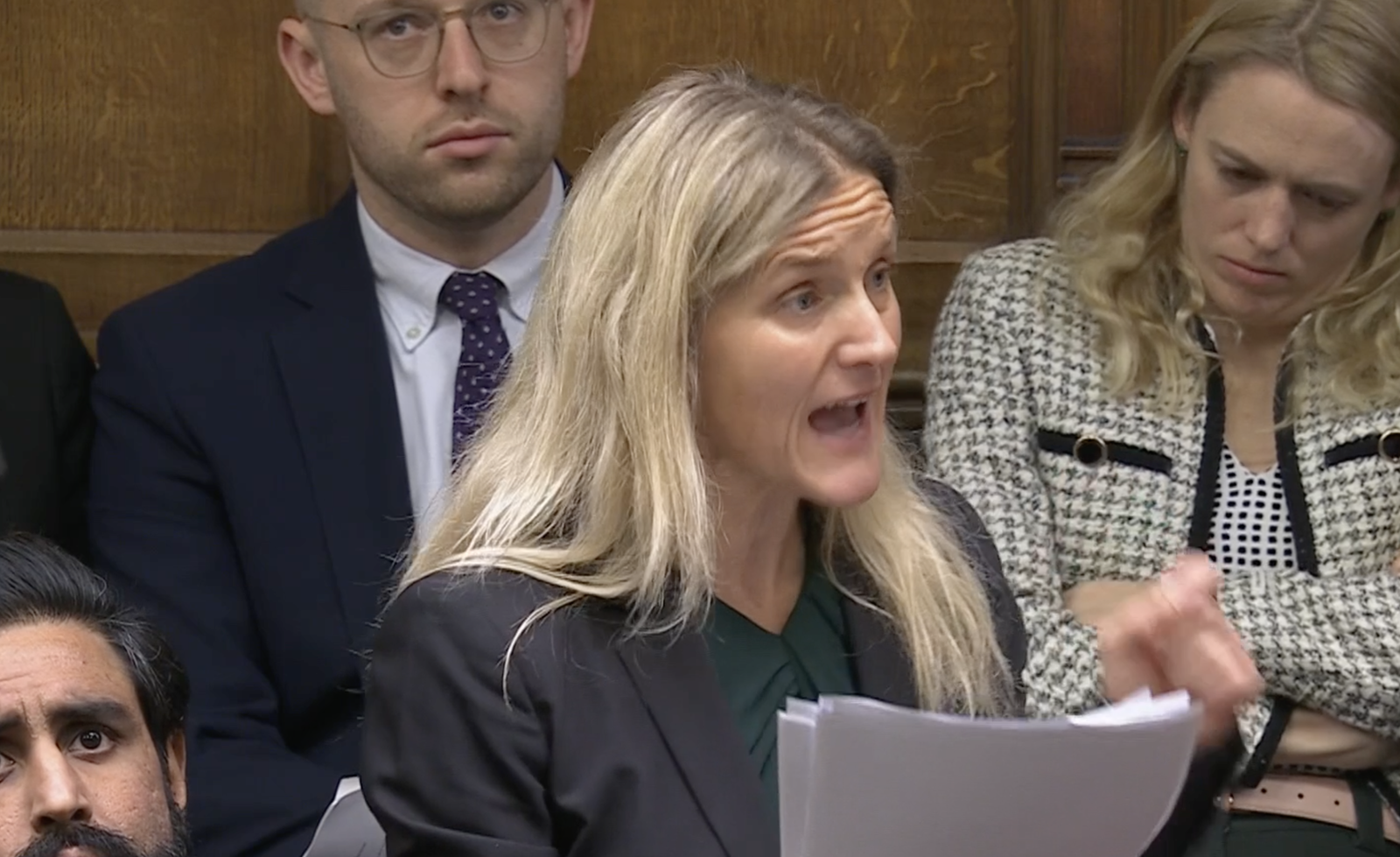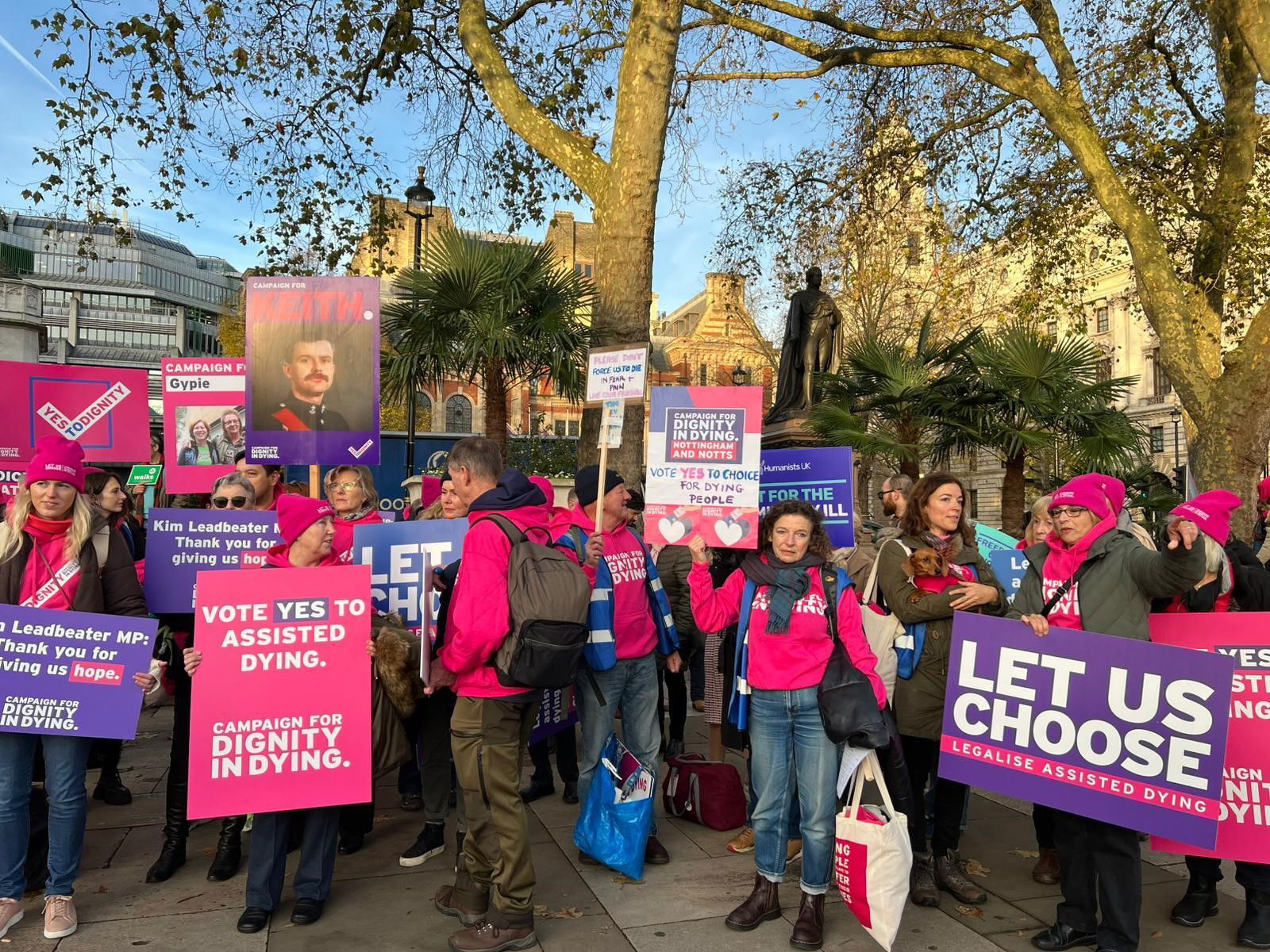
Ian Payne 4am - 7am
29 November 2024, 09:23 | Updated: 29 November 2024, 14:29

LBC Video Go-Live
MPs have voted in support of assisted dying after an emotionally-charged debate in the Commons that lasted five hours.
MPs voted 330 to 275 in support of the assisted dying bill.
Today's vote was the second reading of the bill - there are still further hurdles for it to clear before it could become law.
The bill will now progress to the committee stage for further scrutiny, before the Lords will be given opportunities to express their views on the measure before it potentially becomes law.
The bill would allow adults who are terminally ill with just six months left to live to request medical assistance to end their lives.
Those in favour of the bill, including campaigner Esther Rantzen, have long insisted assisted dying is not about but "shortening death", telling LBC that Health Secretary Wes Streeting's vocal opposition to the bill had left her "disappointed".
Read more: Assisted dying: what is it and how could the law change?
Thanks for joining us for our live coverage of the historic assisted dying vote.
For more on this topic:
Esther Rantzen ‘delighted’ at result of assisted dying vote, her daughter tells LBC
MPs vote in favour of allowing assisted dying in England and Wales after emotional Commons debate
Danny Kruger, one of the leading opponents of the assisted dying legislation, said he was "disappointed" by the result but was pleased MPs "recognised that the Bill is very dangerous".
He told the PA news agency: "I'm very disappointed that the House voted for second reading today, but as Kim Leadbeater and others repeatedly said, the vote was simply to continue the discussion.
"I want to hold them to that and I was reassured that so many colleagues recognised that the Bill is very dangerous, there's lots of problems with it and they have said they want to improve it in committee.
"I want to help them do that and I hope we can make substantial improvements before it comes back for third reading and I hope that if it's not good enough, if the safeguards are not strengthened then colleagues will vote against it before it comes into law."
He said he had not thought about whether he would seek to sit on the committee that will carry out detailed scrutiny of the Bill.
"I think it's important that this debate today is taking place in a way that's calm and collected," Sadiq Khan told LBC.
"There are strongly held views on both sides of this debate - I've got serious reservations about this bill.
"The job of MPs now, during the committee stage, the report stage by the third reading, is to to try and address some of the concerns people like me have."
He added it "showed MPs can put aside the knock about stuff, they can put aside party politics and have proper discussions... and have a cool, calm and collected fashion.
Mr Khan said he hoped that MPs could act in a similarly "grown up fashion" going forward.

This is a huge moment for social policy.
Many feared the vote could open the floodgates to misuse and coercion.
Some also worried such a law could change society’s attitude to life and death.
Although there are months of parliamentary scrutiny ahead, England and Wales looks set to join the small number of places around the world where assisted dying is permitted.
Labour MP Kim Leadbeater, who introduced the bill on assisted dying, was nearly in "floods of tears" following the vote.
The MP said she felt "incredibly proud" following the vote in favour of the bill continuing past its second reading.
She added that bringing the bill to the Commons had been a "really emotional process."

As we mentioned, this list is being regularly updated.
Currently, the list of MPs voting AGAINST the bill is as follows.
It's time to see how your local MP voted.
This list is being updated as we learn more, with the following MPs voting FOR the bill to move forward.
Members from Campaign for Dignity in Dying let out an audible cheer on Friday as the Speaker of the House read out the result.
The group, dressed in pink, have been gathered outside Westminster since early this morning hoping for the assisted dying bill to pass.
Grasping placards, the group remain in high spirits.

The bill will now move forward with a majority of 55 votes.
Today's vote was thought to be on a knife-edge, with the majority greater than many expected.
There will now further stages to clear before the bill become slaw.
The bill will now progress to the committee stage for scrutiny.